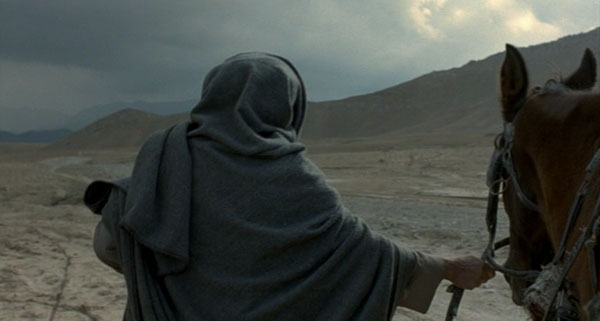It says a lot about the tone of your movie when Burial is your theme music – beautiful but fragmented vocals overlaid on a sprawling, complicated song structure. The original song even opens with the dialogue “excuse me, I’m lost.”


I learned a new word: Wahhabism. Movie gives a history lesson on Saudi Arabia and Afghanistan, then leads into the present debacle, which seems even more hopeless after watching this. Combo of staged material with rough outtakes from news footage and who knows what else. Afghanistan is compared to the planet Solaris. None of our leaders are any good at leading. Everyone is hugely corrupt.


The movie goes for long stretches without voiceover or titles – a new approach for Curtis – though not as long as the Bitter Lake trailer would suggest.

Worst part: Afghani government officials are super corrupt. Local police force become evil militias, suppressing the people. British troops don’t know this, arrive in town offering to help the local police. Townspeople say oh great, more oppression, and attack British troops, who assume they’re Taliban and bomb the shit out of them. Eventually, fighting factions realize British troops think anyone hostile to them is Taliban, start telling the Brits that people they dislike are Taliban, basically using the Brits as hit men.
The woman Julia Roberts played in Charlie Wilson’s War:








